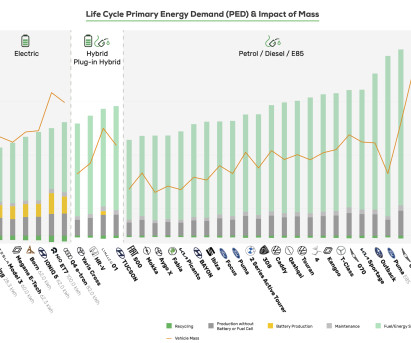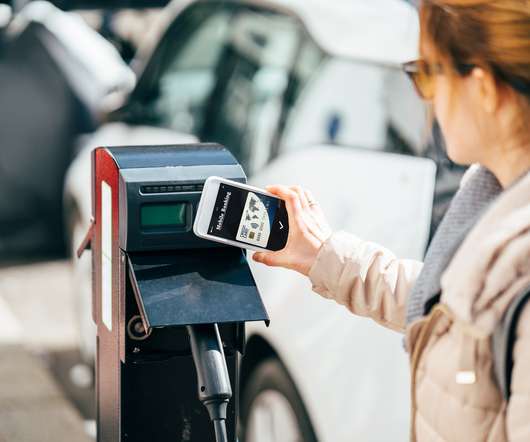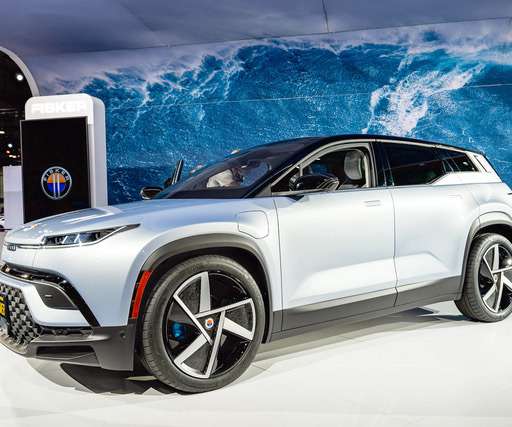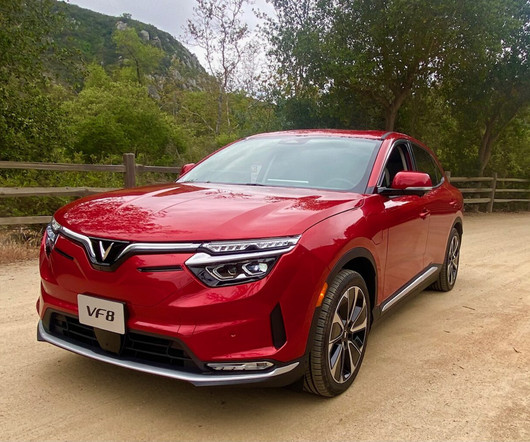Green NCAP LCA study shows detrimental climate and energy impact of increasing vehicle weight, including EVs
Green Car Congress
MARCH 24, 2023
Consumers and manufacturers share the burden for this trend given their steady interest in larger cars—in particular SUVs—as their vehicle of choice, commented Green NCAP. According to the European Automobile Manufacturers’ Association (ACEA), in 2022, 9.3 tonnes of additional greenhouse gas emissions and 5.7

























Let's personalize your content